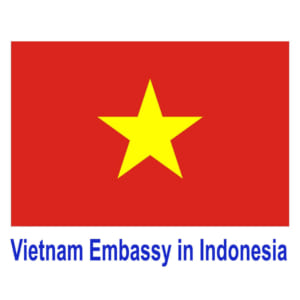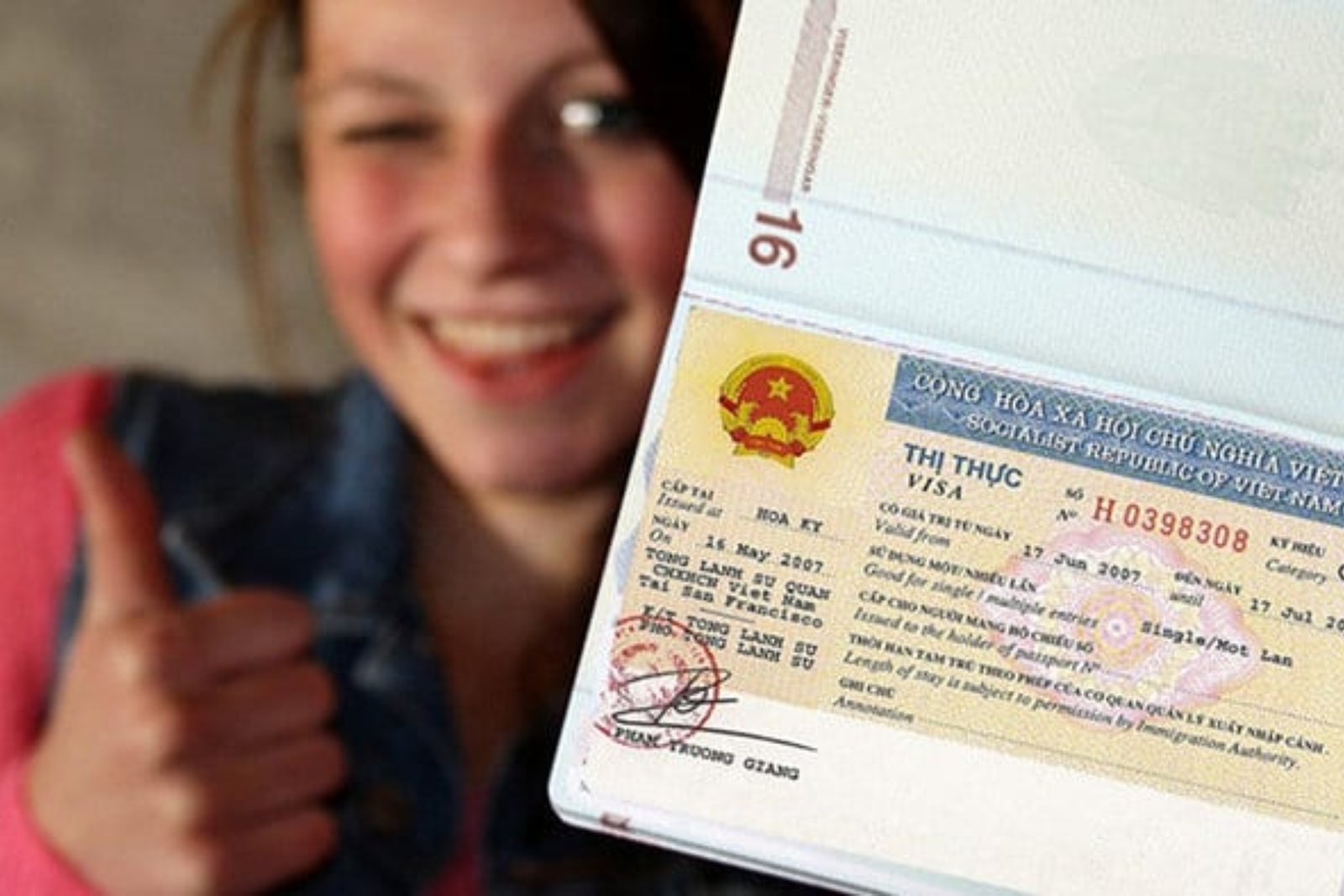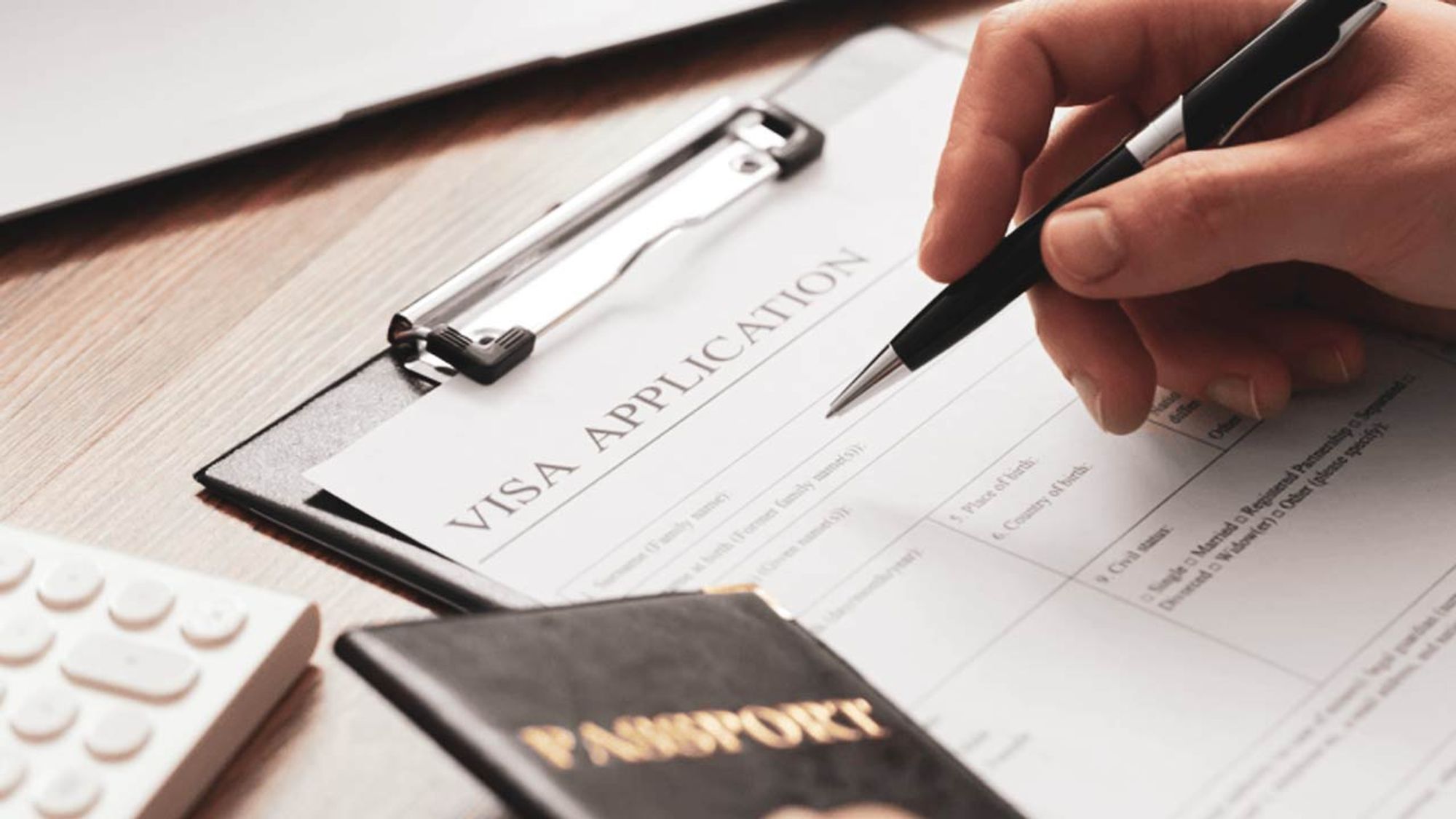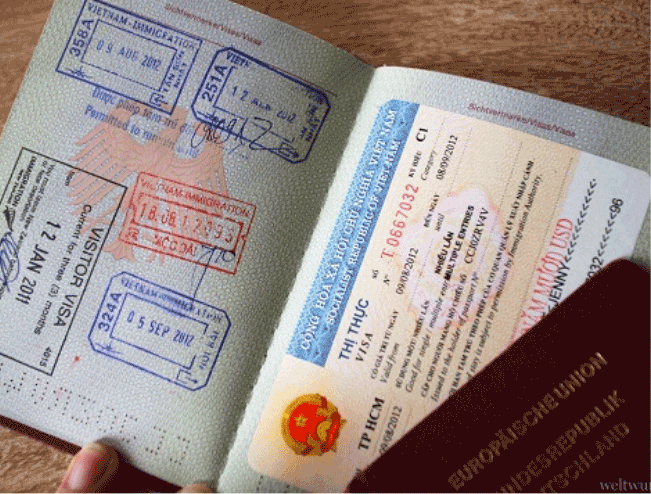
🇦🇺 Vietnam Visa for Australian Citizens: Requirements, Process & Tips for Easy Application
Planning a trip to Vietnam from Australia? Whether it’s for tourism, business, or family visits, this guide explains everything Australian passport holders need to know about obtaining a Vietnam visa—quickly and easily in 2025.
✅ Do Australian Citizens Need a Visa for Vietnam?
Yes, Australian citizens must obtain a visa before entering Vietnam unless they are eligible under special diplomatic exemptions. Luckily, Vietnam offers several convenient visa options including e-Visas and Visa on Arrival (VOA).
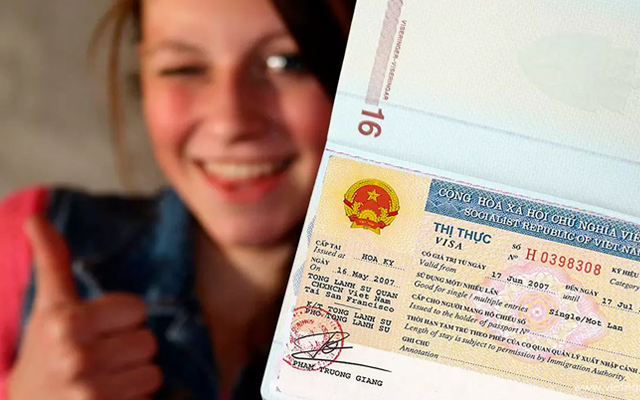
📌 Available Vietnam Visa Types for Australians
| Visa Type | Entry Type | Validity | Purpose |
|---|---|---|---|
| E-Visa | Single-entry | Up to 90 days | Tourism, business, family |
| Visa on Arrival | Single/Multi-entry | 30–90 days | Tourism, business |
| Embassy Visa | Single/Multi-entry | 1–12 months (varies) | Study, work, long-term stay |
📝 Vietnam E-Visa for Australian Citizens
The E-Visa is the fastest and most popular option for Australians visiting Vietnam.
🔹 Requirements:
- A valid passport (min. 6 months validity)
- A digital passport photo
- A scanned passport bio page
- Credit/debit card for payment
🔹 How to Apply:
- Visit the official Vietnam e-Visa site
- Fill out the online form
- Upload passport and photo
- Pay the fee ($25 USD)
- Wait 3–5 business days for approval
Once approved, print the E-visa and bring it when traveling.
🔹 Entry Points:
You must enter Vietnam via one of the 33 designated ports, including:
- Noi Bai Airport (Hanoi)
- Tan Son Nhat Airport (Ho Chi Minh City)
- Da Nang International Airport
🛬 Visa on Arrival (VOA) for Australians
A great choice for air travelers entering Vietnam.
🔹 Requirements:
- Passport valid for 6+ months
- Passport-sized photos
- Visa approval letter (apply online through VisaOnlineVietnam.com)
- Stamping fee in cash at the airport ($25–$50)
🔹 How to Apply:
- Apply online and receive the visa approval letter
- Print the letter and prepare 2 photos (4x6cm)
- Bring the documents and pay the stamping fee at the visa counter upon arrival
🏛️ Embassy Visa (Long-Stay, Work, Study)
For long-term stays, working, or studying in Vietnam, apply directly through the Vietnamese Embassy in Canberra or Consulate in Sydney.
💸 Vietnam Visa Fees for Australian Citizens (2025)
| Visa Type | Fee (USD) |
|---|---|
| E-Visa (Single) | $25 |
| VOA (Single) | $25 + Service Fee |
| VOA (Multiple) | $50 + Service Fee |
| Urgent/Emergency | Extra fees apply |
💡 Tip: Use VisaOnlineVietnam.com for urgent processing, weekend service, and guaranteed delivery!
🕒 How Long Does It Take?
- E-Visa: 3–5 working days (rush: 1–2 days)
- VOA Approval Letter: 1–3 working days (urgent: 4–8 hours)
- Embassy Visa: Varies by embassy, up to 5–7 days
🔐 Travel Tips for Australians Visiting Vietnam
- ✅ Ensure your passport is valid for at least 6 months beyond your arrival date.
- 🖨️ Always print a copy of your E-Visa or approval letter.
- 💵 Bring cash (USD) for visa stamping and local use.
- 📅 Apply early, especially during peak travel seasons or holidays.
![]()

🇻🇳 Vietnam Visa for Australian Citizens – Frequently Asked Questions (FAQs)
1️⃣ Do Australian Citizens Need a Visa to Visit Vietnam?
Yes, Australians need a visa to enter Vietnam unless they fall under the visa exemption category (currently not applicable to Australia). A visa is required for both tourism and business visits.
2️⃣ What Types of Vietnam Visas Are Available for Australians?
Australian citizens can apply for the following types of visas:
- E-Visa (30–90 days, single entry)
- Visa on Arrival (VOA) (1–3 months, single or multiple entries)
- Embassy/Consular Visa (for long-term stays or special purposes like work or study)
3️⃣ How Can Australians Apply for a Vietnam Visa?
✔️ Option 1: E-Visa
Apply online via official website or use VisaOnlineVietnam.com for support.
✔️ Option 2: Visa on Arrival
Apply online for an approval letter → receive letter → get visa stamped at Vietnam airport.
✔️ Option 3: Embassy Visa
Apply directly at the Vietnam Embassy in Canberra or Consulate in Sydney.
4️⃣ How Long Is a Vietnam Visa Valid for Australians?
| Visa Type | Validity |
|---|---|
| E-Visa | 30–90 days (single entry) |
| VOA | 1–3 months (single/multi) |
| Embassy Visa | Up to 12 months |
5️⃣ What Documents Do Australians Need for Vietnam Visa?
- Valid passport (6+ months)
- Passport-sized photo (4x6cm)
- Visa application form (if applicable)
- Approval letter (for VOA)
- E-Visa printout (if applicable)
- Visa stamping fee (for VOA – paid in cash at airport)
6️⃣ How Much Does a Vietnam Visa Cost for Australians?
| Visa Type | Fee (USD) |
|---|---|
| E-Visa | $25 (single entry) |
| VOA (1-month single) | $25 + service fee |
| VOA (1-month multi) | $50 + service fee |
💡 Urgent processing may incur additional charges.
7️⃣ Can Australians Get a Vietnam Visa on Arrival?
Yes. As long as you fly into Vietnam and have a pre-approved visa letter, you can get your visa stamped upon arrival at airports like:
- Noi Bai Airport (Hanoi)
- Tan Son Nhat Airport (Ho Chi Minh City)
- Da Nang Airport
- Cam Ranh Airport
- Phu Quoc Airport
8️⃣ How Long Does It Take to Get a Vietnam Visa?
- E-Visa: 3–5 working days (Rush: 1–2 days)
- VOA Letter: 2–3 days (Urgent: 4–8 hours)
- Embassy Visa: Varies (usually 5–7 working days)
9️⃣ Can I Extend My Visa While in Vietnam?
Yes. Visa extensions are possible, depending on your visa type and current immigration rules. Contact VisaOnlineVietnam for extension assistance.
🔟 Who Should I Contact for Help?
🛂 VisaOnlineVietnam offers:
- Urgent visa services
- Weekend & holiday processing
- Airport fast-track & VIP services
📧 Email: sales@visaonlinevietnam.com
📱 WhatsApp: (+84) 968 18 77 18
📞 USA Hotline: +1 (972) 666-0676
🌐 Website: VisaOnlineVietnam.com
✈️ Final Thoughts
Getting a Vietnam visa for Australian citizens is now easier than ever. Choose the method that fits your travel style—e-Visa, Visa on Arrival, or Embassy Visa—and enjoy your trip to Vietnam’s vibrant cities, stunning beaches, and rich culture.

